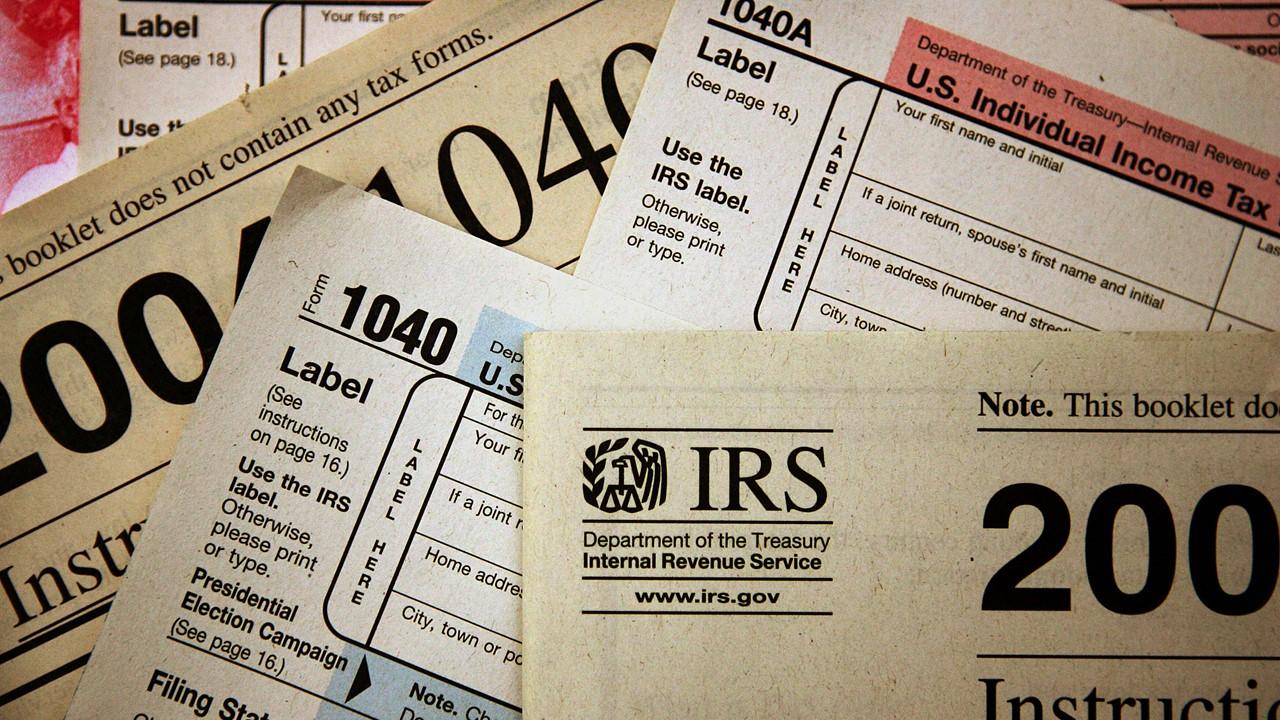
Let’s figure out when it’s worthwhile to claim yourself as a dependent on taxes. How can you claim yourself as a dependent? There are some pros and cons to doing so.
Feb. 17 2022, Published 3:57 p.m. ET

During the early days of the COVID-19 pandemic, most Americans received stimulus checks. People who are marked as dependents on taxes didn't receive the stimulus checks. Now that the U.S. government shows no signs of distributing additional stimulus, there’s a key question you need to answer. Should you claim yourself as a dependent on your taxes?
Article continues below advertisement Article continues below advertisementHere are the pros and cons of claiming yourself as a dependent on your taxes so y can choose what’s right for you this tax season.

Some adults can claim themselves as a dependent on their taxes. They can be a dependent of their parents, guardians, caretakers, or even a partner.
Article continues below advertisementFor U.S. tax purposes, a dependent is someone whose primary care falls under another person. For example, a minor child is a parent’s dependent. An elderly person might be a caretaker’s dependent. A non-working adult might be a partner's dependent as long as neither of them has any dependents of their own.
The IRS says that any dependent must be a qualifying relative, which includes in-laws, foster kids, and even non-married couples. Dependents can still work and file for their own tax return.
Article continues below advertisement Article continues below advertisementClaiming dependents opens up certain tax credits. These tax credits can reduce your taxes owed and potentially even provide you with a cash refund. This could save you money from a household perspective.
Some tax credits you or your caretaker might be eligible to receive if you file as a dependent include:
You might also get tax deductions on things like student loan interest and medical and dental expenses.
Article continues below advertisement
If you claim yourself as a dependent, you can't claim any dependents for yourself. If you file jointly with a partner, neither of you can claim additional dependents.
Keep in mind that personal exemptions aren't available for people with dependents through 2025.
Article continues below advertisement Article continues below advertisementIf you’re claiming an adult as a dependent, that limits that adult’s ability to take advantage of certain tax credits themselves (like an education credit, for example).
Review the IRS rules for dependents and determine if you’re eligible to claim yourself as a dependent on your taxes. If you are, calculate the total value of any tax credits you would be eligible to receive. This will help you determine if it’s worthwhile to claim yourself as a dependent or avoid it altogether. You should keep a household value in mind. Taxpayers lose some benefits when marked as a dependent, while other members of your household might gain enough benefits to make up for it.